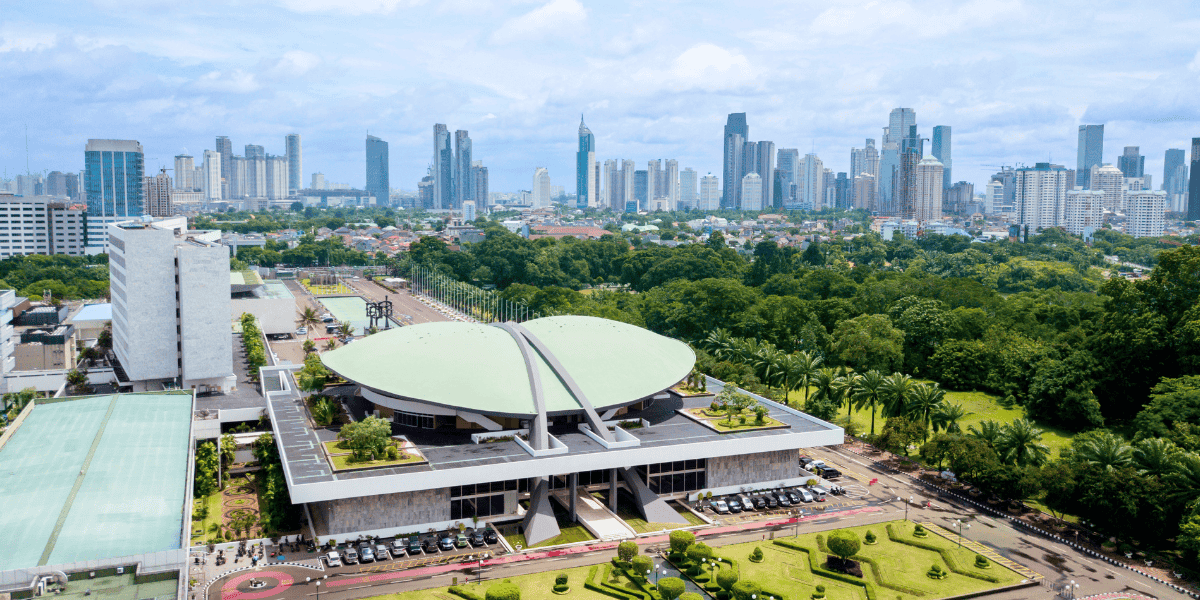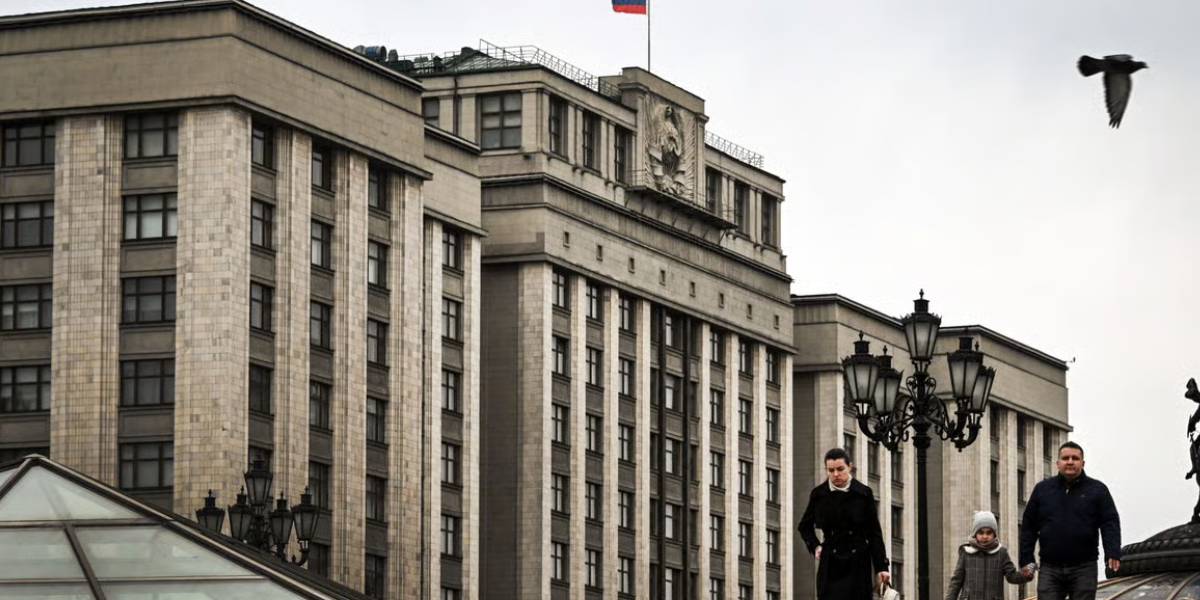The Director General of Taxation of Indonesia has recently focused on transfer pricing, proposing some changes to the existing transfer pricing rules. However, these proposals are not yet final and some changes may be made before the final issuance of the amendments.
It is proposed to include in the definition of related parties those parties contained in Production Sharing Contracts such as major customers and suppliers.
To reduce the cost of compliance for small and medium enterprises (SMEs), the threshold above which a taxpayer’s controlled transactions would be subject to transfer pricing regulations may be increased. The proposed threshold would be more than IDR 50 billion (approximately USD 5.5 million) for taxpayers with sales or purchase transactions and more than IDR 5 billion (approximately USD 550,000) per fiscal year for other related party transactions. However, transfer pricing adjustments could still be made below these proposed thresholds.
It was proposed that application of the arm’s–length principle on a transaction–by-transaction basis, by reference to the size of individual transactions, might be preferred. But in situations when transactions are so closely linked or continuous that they cannot be evaluated adequately on a separate basis an aggregate transaction approach may be preferred.
The DGT prefers the application of the rules to segmented data rather than to company-wide data, if possible.
The ‘most appropriate method’ approach would still be applicable but this should not disregard the hierarchy of the methods. The CUP method will be the preferred method whenever possible.
Though a case-by-case approach must be taken, analysis based on multiple years (likely to be three years) may be used as a standard analysis. The inter-quartile range will have to be used in all but the most exceptional cases for which a range of comparable results will be deemed as appropriate. Whenever the comparable results shows that the tested party is outside the inter-quartile range, the DGT will then adjust to the median of the range.
The main feature of revised mutual agreement procedure (MAP) regulations would be to ensure that the MAP application can be processed simultaneously with a taxpayer’s submission of an objection, appeal, or application for the reduction or cancellation of Tax Assessment Notice.
As part of the proposals the APA regulations would also be revised by the DGT. If parties do not reach an agreement, documents submitted during the APA process will be returned to the taxpayer. Documents which are submitted during the APA process could not be used as a basis to conduct a tax audit.













